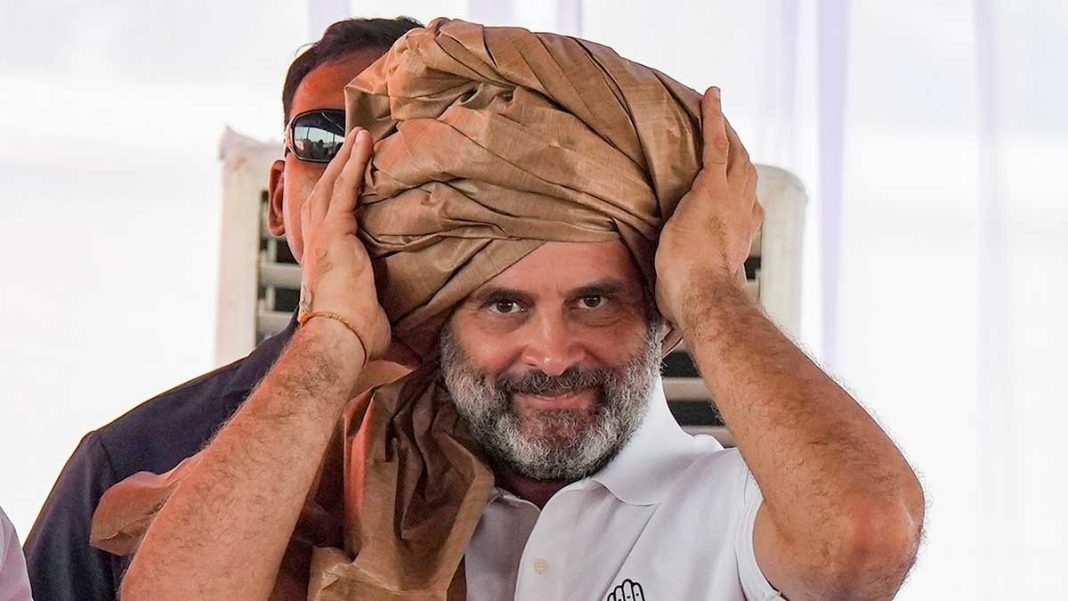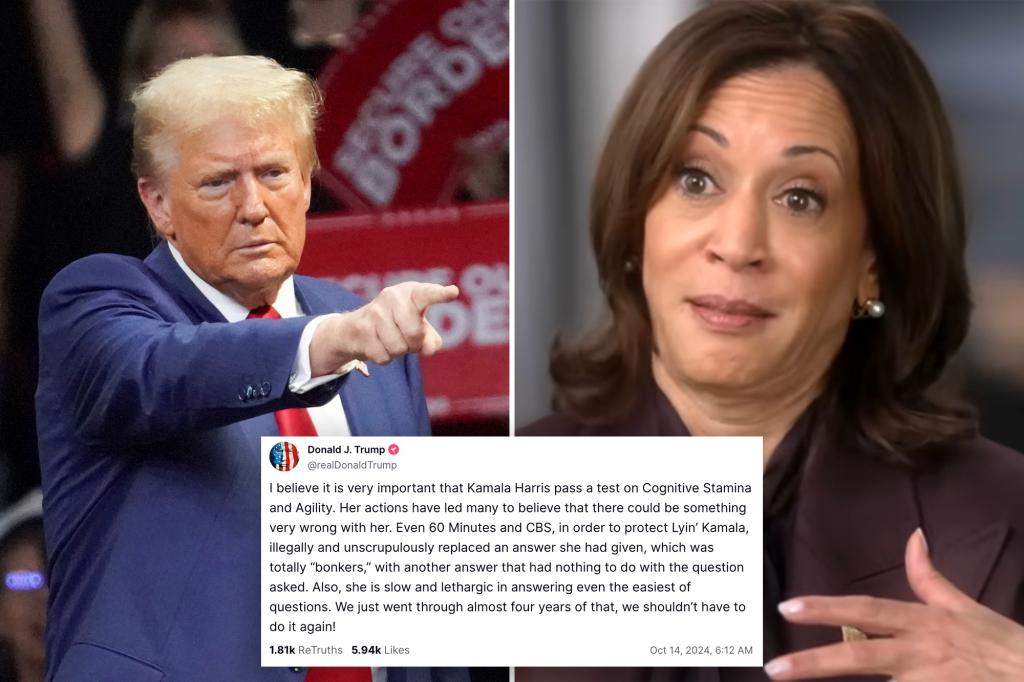Congress Gears Up for Delhi Elections with a Fresh Strategy: Aiming for Inclusivity and Grassroots Engagement
As the countdown to the Delhi Assembly elections in February 2025 begins, the Congress party is pulling out all the stops to avoid the pitfalls that led to its recent defeat in Haryana. With a keen eye on the lessons learned, the party is shifting gears to adopt a more inclusive and broad-based approach in its campaign, aiming to reconnect with the electorate and restore the national capital to its “original glory.”
Under the leadership of Devender Yadav, president of the Delhi Pradesh Congress Committee (DPCC), the party is determined to move beyond its previous reliance on the Jat community’s votes, which proved detrimental in Haryana. Instead, the Congress is focusing on grassroots engagement and public consultation to ensure that its campaign resonates with all segments of society.
Public-Centric Manifesto Development
Kicking off its campaign with the launch of a manifesto committee on October 7, the Congress is inviting Delhi residents to share their concerns through the campaign titled ‘Dilliwalon Aao-Dilli Chalao’ (Delhiites, Come and Lead Delhi). Yadav emphasizes that the party aims to address pressing issues such as healthcare, education, infrastructure, and public services. The goal is to craft a manifesto that not only reflects the immediate needs of the people but also offers tangible solutions to their everyday challenges.
Inclusive and Targeted Outreach
Learning from its narrow defeat in Haryana, the Delhi Congress is committed to an inclusive strategy that caters to the needs of all communities. Yadav has assured that the campaign will not repeat past mistakes of focusing solely on specific voter groups. To achieve this, the party has established over 20 subcommittees dedicated to various sectors, including youth, women, minorities, and trade. These subcommittees will consult with experts and community leaders to ensure a well-rounded approach to governance, aiming to resonate with voters from all walks of life.
Community Engagement
To enhance its outreach, the Congress is employing innovative tools to gather suggestions for its manifesto. ‘Manifesto vans’ are being deployed across all constituencies, allowing residents to voice their concerns directly. Additionally, a dedicated website and phone number have been set up for residents to submit their suggestions online or over the phone. This blend of physical and digital outreach is designed to ensure that every section of Delhi’s population has a platform to share their views, promoting transparency and inclusivity in the manifesto creation process.
Dilli Jodo Yatra
In a bid to mobilize support, the Delhi Congress is launching its own mass mobilization effort with the ‘Dilli Jodo Yatra’, set to kick off on October 23. This initiative will cover all 70 Assembly constituencies and feature prominent leaders like Rahul and Priyanka Gandhi. The yatra aims to reconnect with voters while collecting real-time feedback on local issues. It will highlight the Congress’s vision for restoring Delhi as a world-class city and provide a platform for residents to voice their grievances and actively participate in shaping the party’s agenda.
Symbolic Campaign with an Empty Chair
One of the standout features of the Congress campaign is the use of an “empty chair” symbol, representing the voice of the common man. This chair will be prominently displayed on campaign trucks and at rallies, contrasting the Congress’s vision with what it describes as the Aam Aadmi Party’s (AAP) authoritarian governance style under Arvind Kejriwal. While AAP has reserved a chair for former CM Kejriwal, the Congress will reserve an empty chair for the residents of Delhi, symbolizing its commitment to listening to the people and ensuring participatory governance.
The Challenges Ahead
Despite calls for opposition unity in other states, both AAP and Congress have opted to contest the Delhi Assembly election independently. This decision mirrors the situation in Haryana, where their solo efforts significantly impacted Congress’s chances against the BJP. With AAP’s presence in key constituencies potentially dividing the anti-BJP vote, concerns are rising that a similar scenario could unfold in Delhi. However, Congress leaders, including Yadav, remain optimistic that their grassroots campaign and public outreach will help them reclaim lost ground. The party is banking on anti-incumbency sentiments and its new inclusive strategy to give it an edge in what promises to be a fiercely contested election.
As the Congress gears up for the upcoming elections, its focus on inclusivity, community engagement, and a strong grassroots campaign could be the key to revitalizing its fortunes in Delhi. With the stakes high, all eyes will be on how effectively the party can translate its strategies into electoral success come February 2025.



